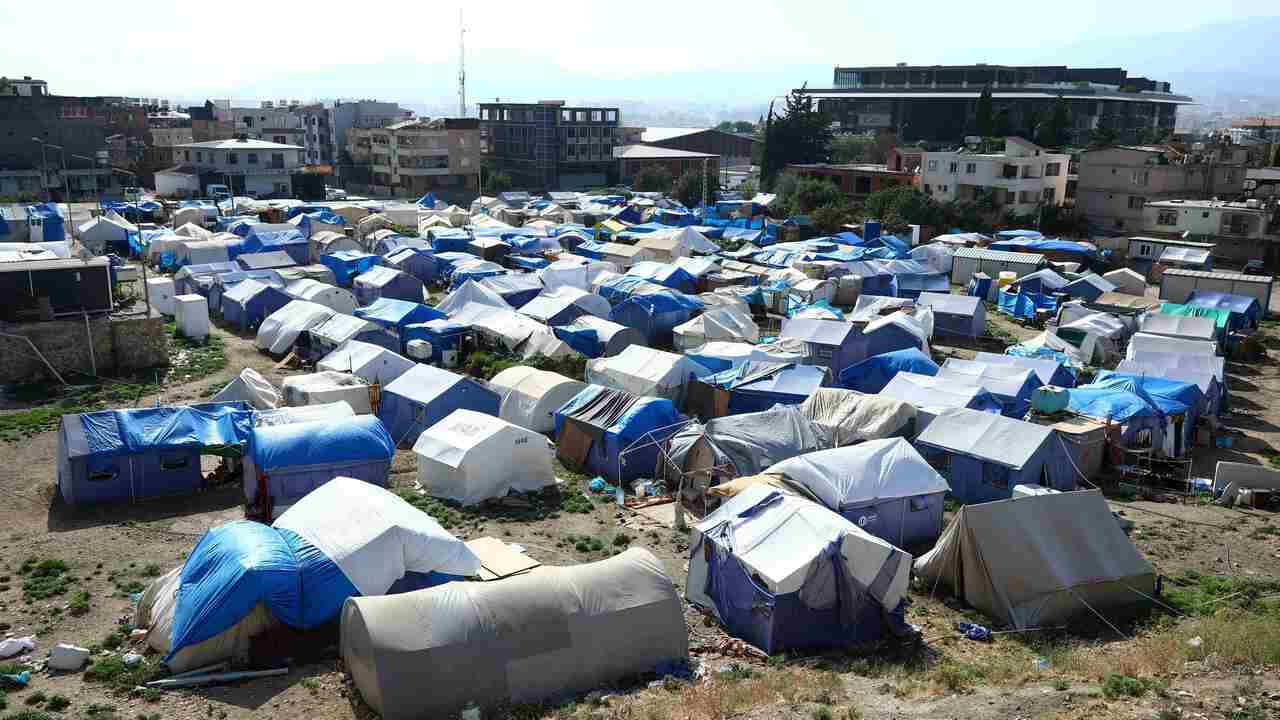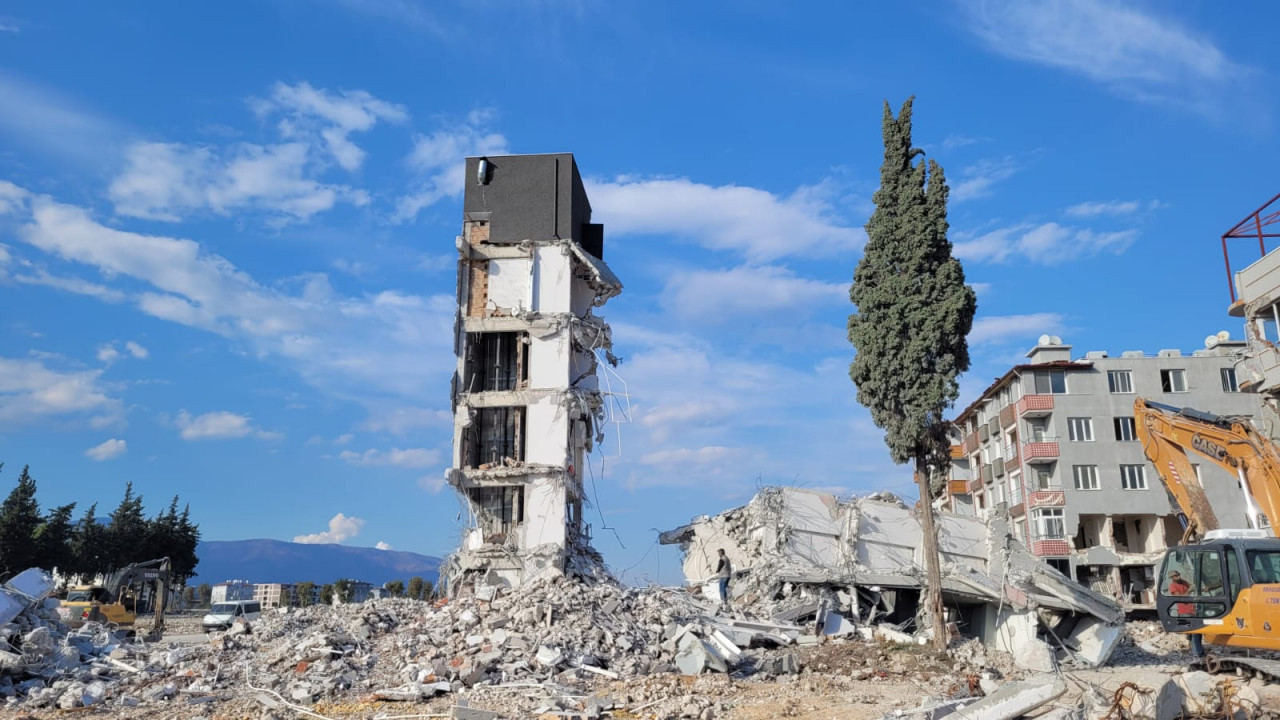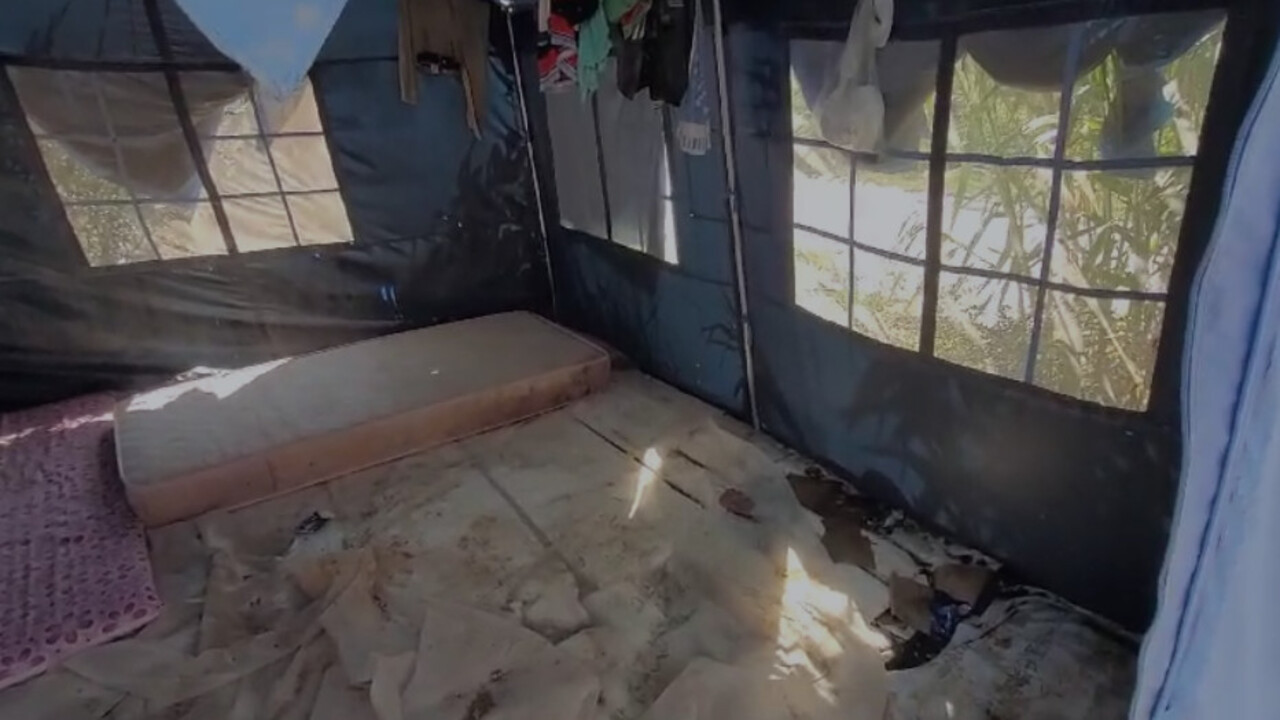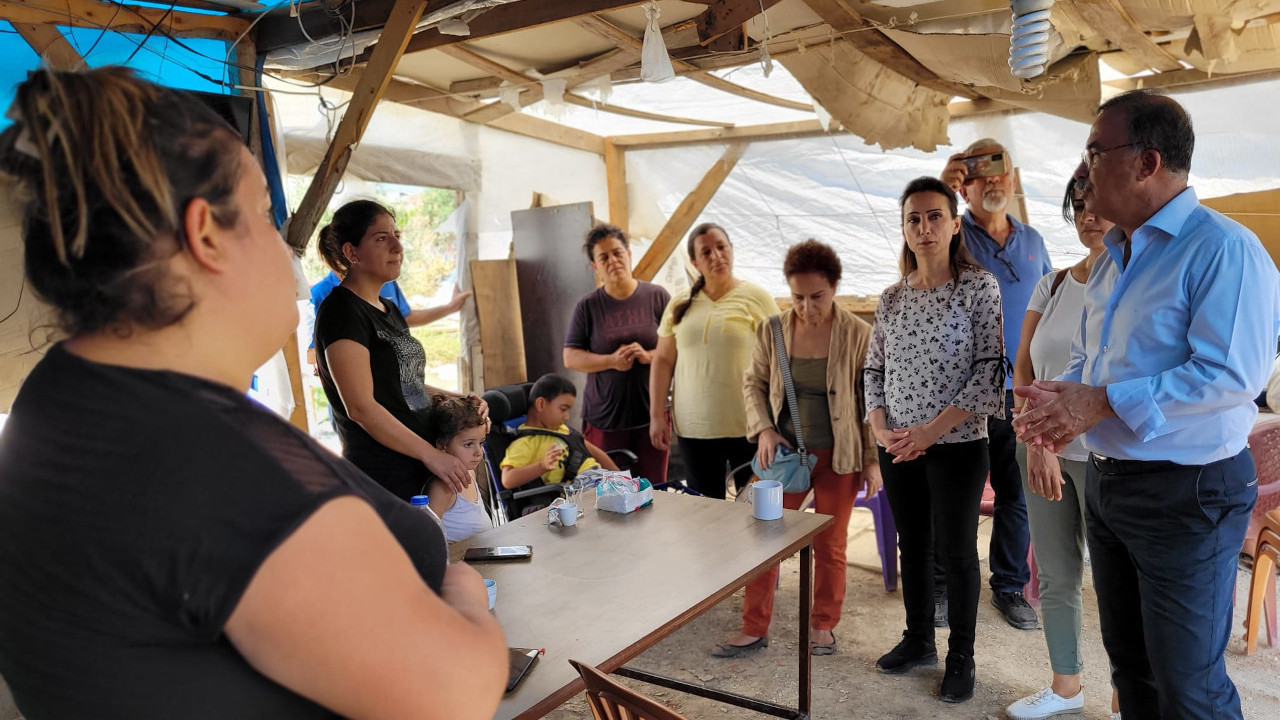Traumatizing effects of quake becoming more visible w/out permanent accomodation in Hatay
Psychiatrist Mihriban Yıldırım working in Turkey's southern Hatay has stated that the number of assault cases were increasing in the province. “The earthquake, losses, and poor living conditions have had seriously traumatizing effects,” she added.
Duygu Kıt / Gazete Duvar
Mihriban Yıldırım, a psychiatrist working at Hatay Training and Research Field Hospital, has stated that the assault cases were increasing in the southern quake-stricken province.
“The earthquake, losses, and poor living conditions have had seriously traumatizing effects. Intolerance is very evident (among citizens), we see an increase in assault cases in the medical emergency unit,” Yıldırım said.
Additionally, many needs such as drinking water, transportation and hygiene are still not fully met even nine months after the major Feb. 6 earthquakes.
The two-thirds of Hatay’s population has migrated since the quake, and those who remain continue staying in tents and containers.
“The housing problem was tried to be solved with containers, but this should have been a temporary solution. Common living spaces and the need for socialization were not taken into account. Unfortunately, shelter areas that were supposed to be temporary have become long-term living spaces, ignoring people's cultural and social needs,” Yıldırım said.
She stated that crowded families had to share 20 square meter containers, lacking private space. Yıldırım also reminded that new problems arise and floods occur with every rainfall.
“There is a serious traffic problem due to collapsed buildings. Traffic accidents have increased. In addition, the burden on women has increased considerably. They have to cope with the trauma of both themselves and their children. There is serious uncertainty about what will happen to their homes, or with the reconstruction of the city. Debt, unemployment, uncertainty, inadequate living spaces, everything continues as a serious social life crisis,” she said.
Drawing attention to the working conditions of physicians, Yıldırım said, “The treatment of our chronic psychiatric patients such as schizophrenia, bipolar disorder and depression has been disrupted and they cannot be followed up. Patients are having attacks, their relatives are helpless.”
Yıldırım urged permanent living spaces suitable for social and cultural needs to solve these problems.
Hatay was one of the provinces most affected by the Feb. 6 earthquakes. Thousands of people lost their lives while tens of thousands of houses were damaged or completely destroyed.
Two deadly earthquakes struck Turkey’s southeast on Feb. 6, one at a magnitude of 7.7 and the other at 7.6. More than 50,000 people died according to the official figures in 11 southern, southeastern and eastern provinces.
(English version by Alperen Şen)

 Reconstruction in Turkey's quake region misses gov't targets due to economic crisisDomestic
Reconstruction in Turkey's quake region misses gov't targets due to economic crisisDomestic Mining can proceed without environmental impact assessment in quake-torn HatayEnvironment
Mining can proceed without environmental impact assessment in quake-torn HatayEnvironment Tent camps flooded in quake-torn Hatay once again, residents gripeDomestic
Tent camps flooded in quake-torn Hatay once again, residents gripeDomestic There is discrimination between quake-hit provinces, Green Left Party MP says from HatayDomestic
There is discrimination between quake-hit provinces, Green Left Party MP says from HatayDomestic